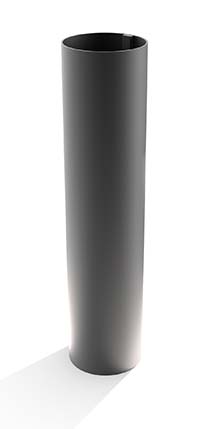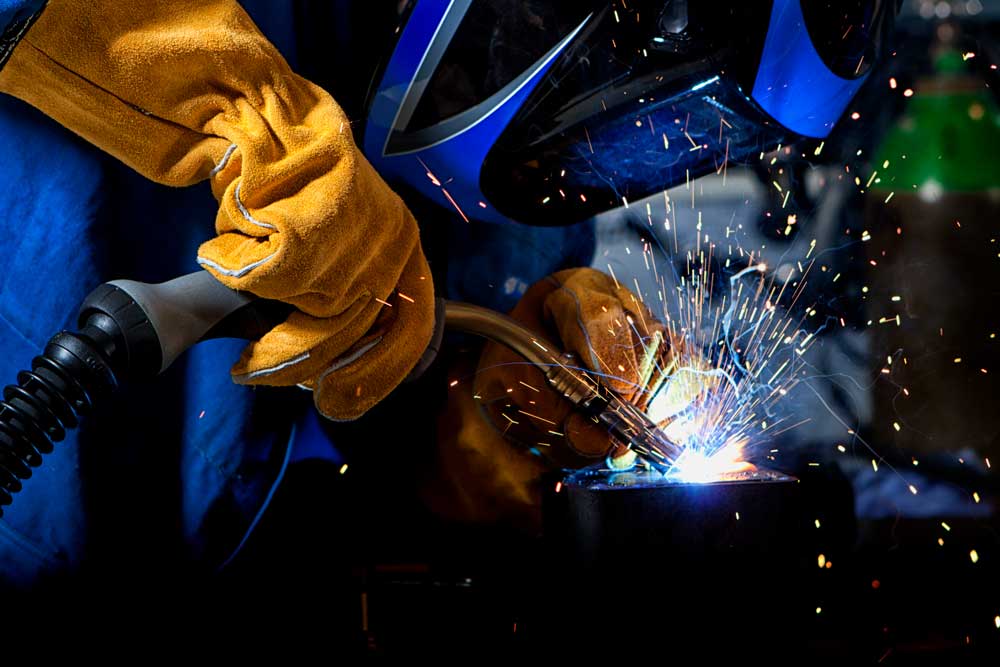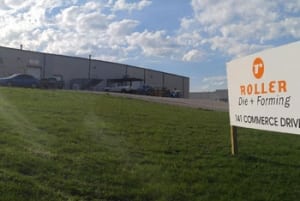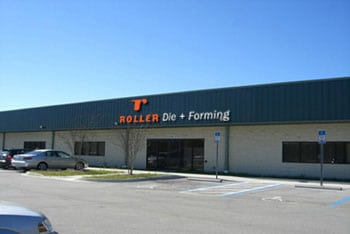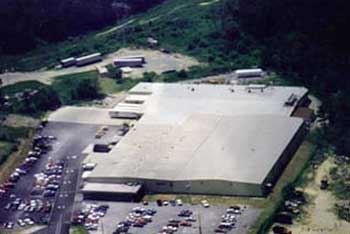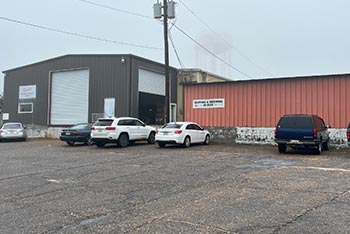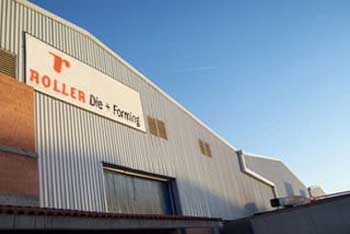Agriculture is a critical industry worldwide, driving economic growth, providing sustenance to billions, and forming the backbone of many regional economies. As the global population increases and the demand for agricultural products rises, efficiency and innovation in the agricultural equipment industry have become paramount to meeting these ever-growing needs. One of the driving forces behind this innovation and increased efficiency is roll forming technology.
By leveraging the various advantages of roll forming, agricultural equipment manufacturers are developing reliable, cost-effective, and high-quality machinery that helps streamline farming operations while protecting the environment and contributing to global food security. From versatile tractor components to high-performance combine harvesters and advanced irrigation systems, roll-formed components offer exceptional durability, weight savings, and manufacturing efficiency.
In this article, Roller Die + Forming will delve into the growing role of roll forming technology in the agricultural equipment industry, exploring its key applications and benefits that contribute to the growth and sustainability of the sector. Gain a comprehensive understanding of how roll forming technology enhances manufacturing processes and enables the creation of customized, high-performance components that are redefining agricultural equipment and farming practices worldwide. Embrace the future of agricultural innovation and learn how roll forming technology is changing the face of agriculture, one component at a time.
Roll Forming for Tractors: Building the Workhorses of Agriculture
Tractors are an essential component of agriculture, providing power and versatility to modern farming practices. Roll forming technology plays a crucial role in the manufacturing of reliable and efficient tractors by enabling the production of lightweight, high-strength components that can withstand the demanding conditions agricultural machinery often faces.
Some applications of roll forming technology in tractor manufacturing include:
– Chassis and Frame Components: Roll-formed profiles can be used to create high-strength, lightweight chassis and frame components, contributing to the stability and durability of the tractor.
– Exterior Body Parts: Body panels, fenders, and other exterior body parts made from roll-formed metals can help reduce the overall weight of the tractor, thereby improving its fuel efficiency and maneuverability.
– Interior Components: The roll forming process can also be applied in creating essential interior components, such as brackets, instrument panels, and support structures that enhance the tractor’s functionality, comfort, and safety.
Roll Forming for Harvesting Equipment: Reinventing Efficiency
The agricultural industry relies on harvesting equipment like combines, forage harvesters, and balers to process and collect crops efficiently. As roll forming technology continues to advance, farmers are benefiting from its application in manufacturing crop harvesting machinery that’s more efficient, durable, and cost-effective.
Key uses of roll forming technology in harvesting equipment manufacturing include:
– Combine Harvester Components: Roll-formed parts are used in the construction of combine harvesters, such as augers, structural framing, and threshing components, ensuring reliable and efficient crop processing.
– Forage Harvester Elements: Roll-formed metals help create essential elements of forage harvesters, such as feed rolls, cutterhead components, and structural reinforcements, enhancing their durability and performance.
– Baler Structures: Roll forming enables the production of lightweight, high-strength components for balers, such as chamber structures and support beams, which are critical for producing consistent bale density and shape.
Roll Forming for Irrigation Systems: Nurturing Growth
Effective irrigation is essential for successful agricultural operations, helping to optimize crop yield, minimize water wastage, and promote sustainable farming practices. Roll forming technology has vastly improved the design and production of efficient and durable irrigation systems by creating essential components that stand up to the test of time and challenging environmental conditions.
Prominent applications of roll forming technology in irrigation systems include:
– Pivoting Irrigation Components: Roll-formed parts can form vital elements of pivoting irrigation systems, such as the supporting structures ensuring efficient water distribution and system longevity.
– Drip Irrigation Components: Roll forming technology helps produce drip irrigation system components, such as stakes, mounting brackets, and support structures, facilitating precise water delivery to the crops and minimizing water wastage.
– Canal Gates and Diversion Structures: Roll-formed profiles contribute to the manufacturing of canal gates, diverters, and other water control structures, ensuring smooth, long-lasting functionality and efficient water management.
Implementing Roll Forming in Seed-Drilling and Soil Management Equipment
Efficient seed drilling and soil management equipment are vital for successful crop establishment and maintaining soil health. Roll forming technology empowers manufacturers to develop soil management equipment with improved functionality, durability, and overall performance.
Essential applications of roll forming technology in seed-drilling and soil management equipment include:
– Seed Drill Components: Roll-formed parts contribute to the structure, durability, and precision of seed-drilling equipment, such as frames, openers, depth control mechanisms, and metering components.
– Soil Preparation Tools: Roll-formed metals can be utilized in creating components for plows, cultivators, and disc harrows, allowing for more efficient soil preparation and cultivation.
Supporting Agricultural Innovation with Roll Forming Technology
Roll forming technology plays a vital role in supporting innovation and efficiency in the agricultural equipment industry. As manufacturers strive to create more reliable, cost-effective, and sustainable machinery, roll-formed components offer the strength, durability, and precision required to meet the demands of modern farming practices.
Embracing the potential of roll forming technology not only enhances the competitiveness of agricultural equipment manufacturers but also helps farmers worldwide access superior tools and machinery to optimize their operations, maximize crop yield, and promote sustainable agriculture.
With its versatility and adaptability, roll forming technology is truly shaping the future of the agricultural equipment industry, ensuring the success and sustainability of agriculture for generations to come. Partner with Roller Die + Forming for all your custom roll forming needs.

